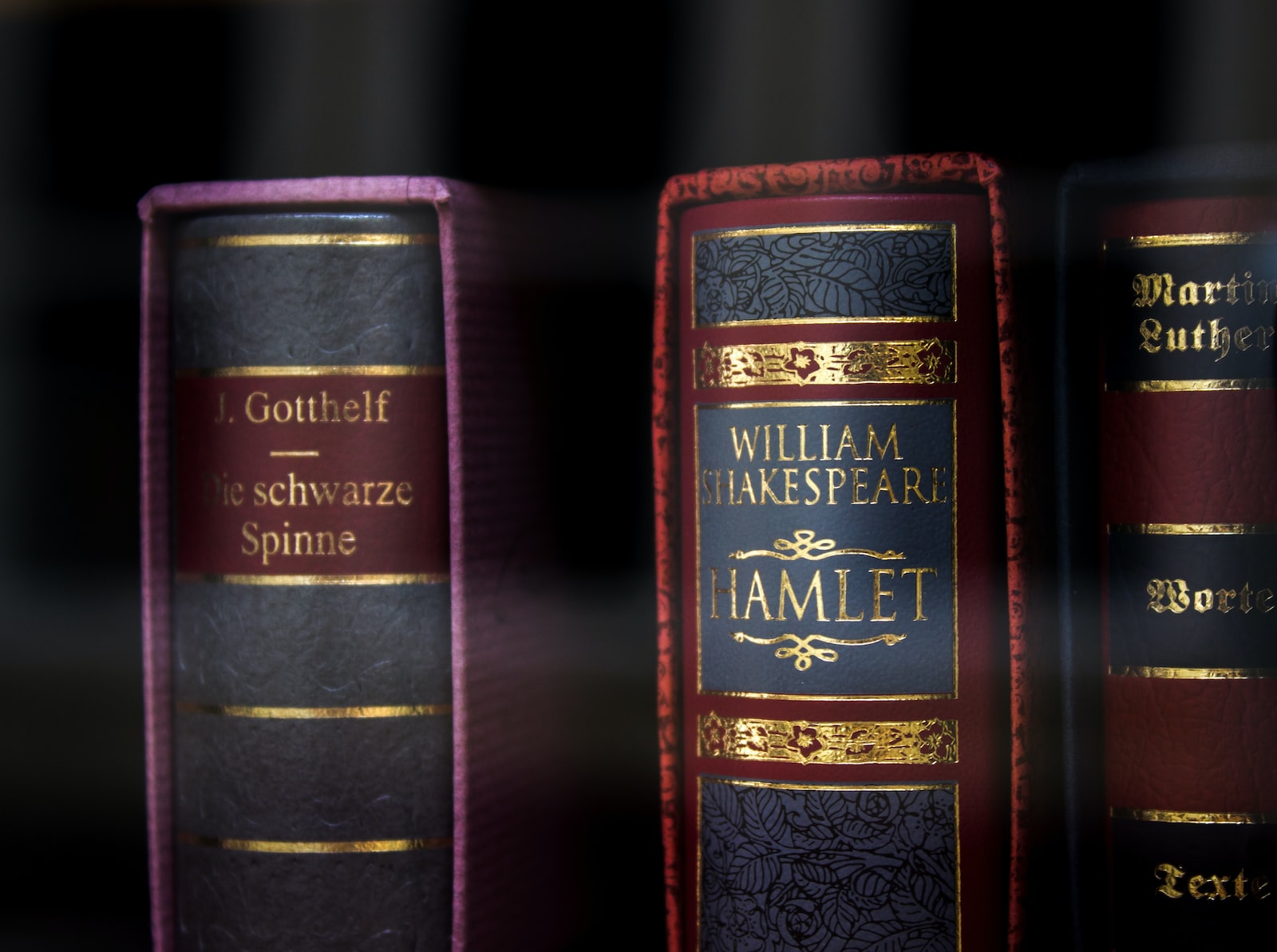There is a history in all men’s lives.
~ William Shakespeare, Richard II
Christopher Morley, commenting on Shakespeare’s Hamlet being read by a middle-aged person wrote, “It is a better play now because you are a better reader.”
When I read that line in college, I was mildly offended. Was he suggesting that I could not comprehend the text? How dare he!
Reading that comment, and the play, decades later I now understand what he meant. We bring our life experiences, and we filter what we read through those experiences. How many times are we told, “I don’t believe your character would do that.” Or, “Events would not have happened that way.”
Such criticism strikes us as shallow or simply false. We know that character, we know that plot, we know that what we wrote makes perfect sense. Yet intelligent, fair-minded readers object. Why?
I think it is because what we have written conflicts with what our readers have experienced. I saw a recent example of this on Facebook. The discussion was on segregation. The opening post asserted that for many decades Black women could only purchase bridal dresses at stores that served only Black women.
I knew this was true because I had seen it.
But several readers objected, loudly. Impossible, they asserted for such a thing to happen. Women wouldn’t tolerate it. I suspect they were younger people perhaps Black, who are speaking from their own experience. They would not have tolerated such behavior, and they found it incomprehensible that such things ever happened.*
 As authors, we have no control over, or knowledge of, our reader’s experiences. We cannot possibly tailor our work to their expectations. But the problem is worse than that because our reader’s life experiences change. They may gain more knowledge as they maneuver through the years, but they also reflect the environment surrounding them.
As authors, we have no control over, or knowledge of, our reader’s experiences. We cannot possibly tailor our work to their expectations. But the problem is worse than that because our reader’s life experiences change. They may gain more knowledge as they maneuver through the years, but they also reflect the environment surrounding them.
When Morley wrote Hamlet was a better play when the reader was older, he was making exactly this point. And there is a particular line that makes his point forcibly. It occurs at the end of Hamlet’s, “To be or not to be” soliloquy. Ophelia interrupts him, and he says, “Soft you now, the fair Ophelia—Nymph in thy orisons. Be all my sins remembered.”
Haven’t we, who had been in a long-term relationship, said things, done things we regret? Apologize for, sincerely. And when we read that line now do we not remember all those “sins”? Doesn’t that line now have more punch, more poignancy, than when we were in our 20s?
Morley’s right: it’s a better play because I’m a better reader.
____________________
“A fight among historians shows why truth-seeking and activism don’t mix,” The Washington Post, Augsut 29, 2022 (An op-ed by columnist Megan McArdle)

